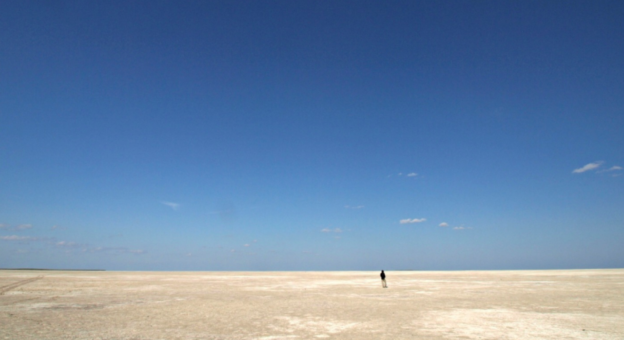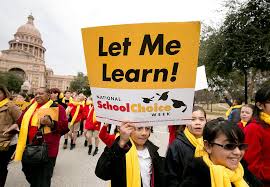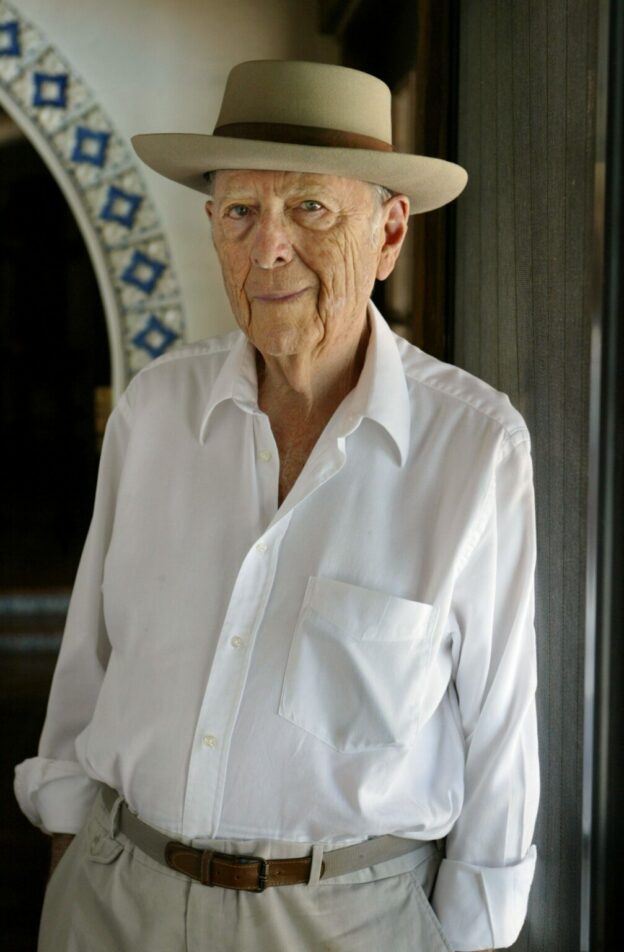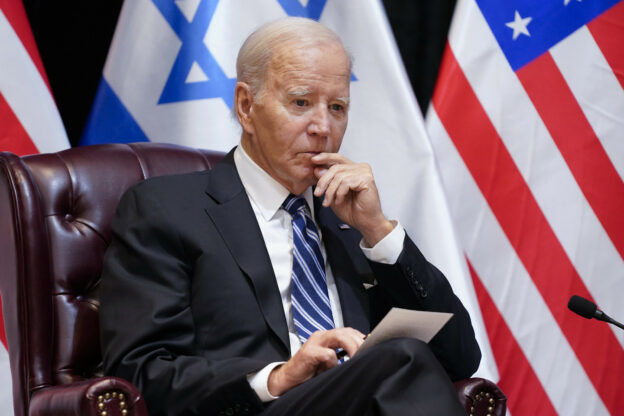The nature of the “work” that Yosef came to Potifar’s house to do on the day when the Egyptian’s wife sought to entice him to sin with her (Beraishis 39:11) is famously the subject of a disagreement between Rav and Shmuel.
One opinion is that Yosef intended “to do his [household] duties”; and the other, “to do his needs,” i.e. to submit to the woman’s blandishments – an intention that was undermined only after an image of Yaakov appeared to Yosef, giving him the strength to resist (Sotah 36b). (That latter opinion, with its portrayal of Yosef as vacillating before finally resisting may be audibly symbolized by the shalsheles cantillation of the word vayima’en, “and he resisted.”)
Rav Simcha Bunim of Pshischa is quoted to have commented that the word “work” employed at the pivotal point in Yosef’s life – when he earned the appellation tzaddik, “righteous” – holds the message that each of us has a “work” to accomplish in his life, not just in a general sense but with regard to acting – or not acting – at a pivotal moment, when we are faced with a decision that will define us.
Yosef’s life-changing moment was when he was faced with an insistent Mrs. Potifar. Every person, the Pshischer suggested, will be faced with a pivotal moment, or moments, of his own, when his choice will make all the difference.
Which idea may lie behind Targum Onkelos’ translation of “his work.” He renders it in Aramaic as: “to audit his [Potifar’s] financial records.”
While that may simply be a presaging of the time-honored Jewish profession of accounting, the word Onkelos uses for “his financial records” is chushbenei. The word’s root is cheshbon, “accounting,” and it brings to mind its use in the phrase cheshbon hanefesh – an accounting of one’s “soul,” an examination of one’s standing in his spiritual life.
Each of us is charged with discerning moments in life, when the choice before us may be pivotal. Of course, we never know whether what we are facing is indeed such a moment. And so, we are wise to treat every decision we face as potentially momentous.
© 2024 Rabbi Avi Shafran









